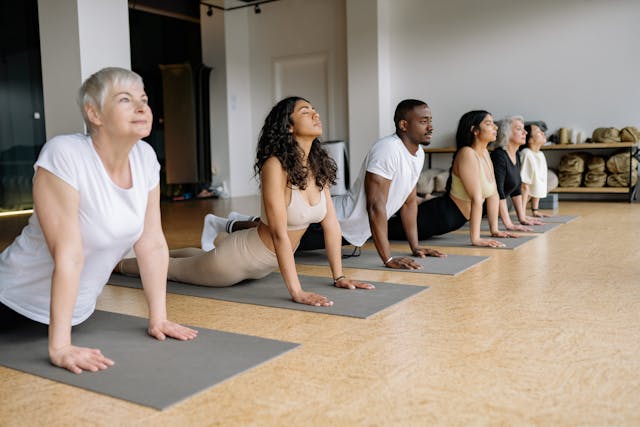Health is improved and cognitive abilities are enhanced by physical exercise. Faster learning, better memory, and longer focus are achieved by students who stay active. The way exercise shapes the brain and supports learning success will be explored.
Brain Function Boosted Through Exercise
Blood flow is increased by exercise, and oxygen with nutrients is delivered to the brain. Neural activity is fueled and memory is strengthened through this process. Brain growth is stimulated by regular movement as shown by studies. Better performance in problem-solving and concentration tasks is achieved by learners who exercise often.
Focus and Concentration Improved
Longer attention maintenance is experienced by active individuals. Restlessness is reduced and focus is sharpened through exercise. More effective learning is made possible by short workouts before study sessions. Academic performance is also supported by an improved attention span.
Memory Retention and Learning Skills Strengthened
The hippocampus, the brain’s memory center, is stimulated by movement. Retention is improved and information is kept longer as a result. Neuroplasticity is enhanced by exercise, making new knowledge absorption easier. Lessons are recalled with greater clarity by students who exercise.
Stress and Anxiety Reduced
Cortisol, the stress hormone, is lowered by physical activity. A calmer mind ready for learning is created by lower stress. Endorphins that promote relaxation and positivity are released during exercise. Information is absorbed and processed more efficiently by a stress-free brain.
Learning Supported by Better Sleep
Strong memory consolidation requires good sleep. Sleep patterns are regulated by exercise, making rest deeper and more refreshing. Learners wake up alert and ready to absorb knowledge with quality sleep. Classroom performance and creativity are increased by healthy sleep cycles.
Social and Emotional Benefits Gained
Teamwork and communication are fostered by group activities like sports. Classroom success and better peer relationships are supported by these skills. Confidence is built and feelings of isolation are reduced through exercise. A positive learning environment is created by strong emotional health.
Practical Ways of Combining Exercise and Study
Daily routines can be enhanced by incorporating small workouts to maximize learning. The mind is refreshed by short walks during study breaks. Tension is eased by stretching before exams. Higher student engagement and improved results are seen in schools that integrate fitness programs.
Conclusion
Both the body and the mind are strengthened by physical exercise. Focus, memory, and emotional well-being are boosted. Greater academic success is achieved by learners who prioritize activity. Long-term educational growth is ensured by a balanced lifestyle with regular exercise.
